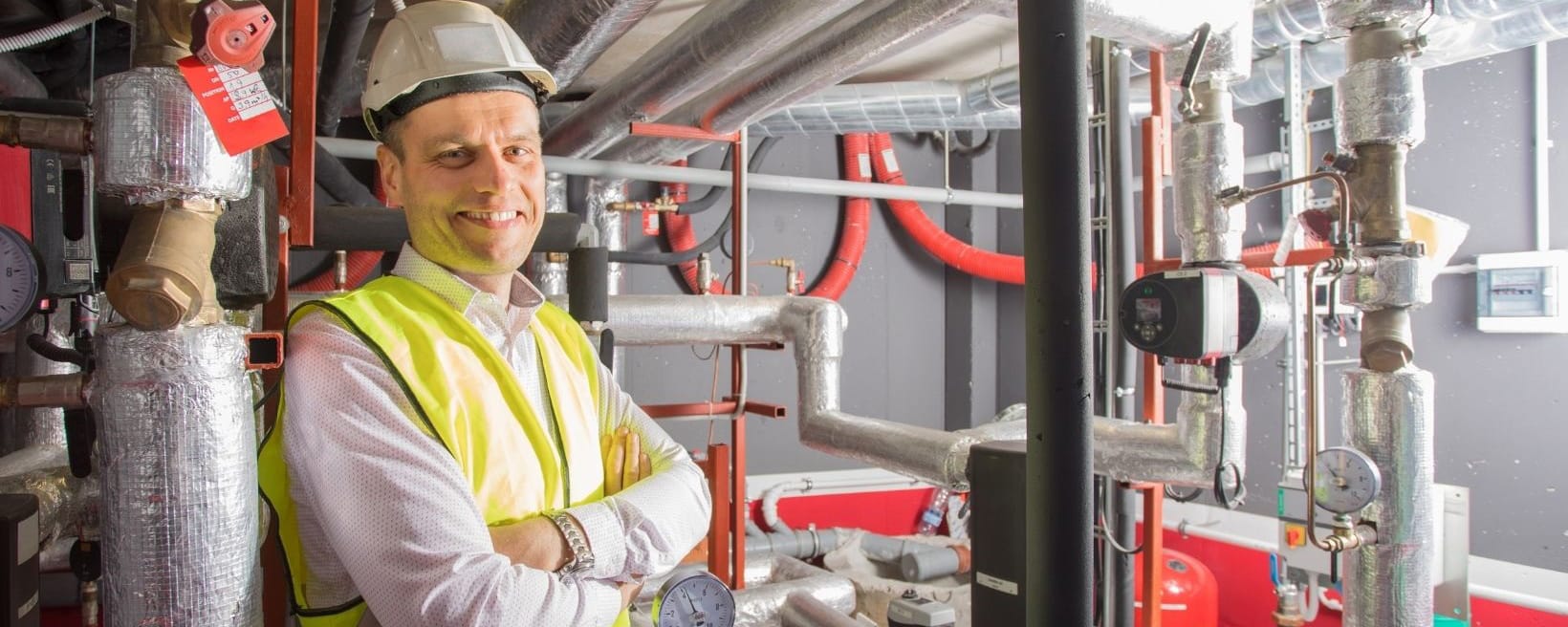Alternative ways to heat your home

As energy prices continue to rise, we’re all looking for more efficient ways to heat our homes – that not only save us money, but are better for the environment. Whilst switching to a more renewable gas and electricity supplier is the quickest way to become more energy efficient, here we look at some other options to consider heating your home.
Solar power
Much like solar panels, solar water heating uses heat from the sun to heat the water we use in our homes. It works best if you have a south east or south west facing roof, as well as enough space to install a water cylinder big enough to hold two days worth of water. A regular boiler can be used as an alternative when solar energy is unavailable or to increase the temperature of the water. Larger solar panels on their own can even be used to partially heat your home. There are two types of solar water heaters – evacuated tubes, which are glass tubes that sit on the roof. The other option is flat plate collectors, which can be fixed to roof tiles.
Heat pump
Heat pumps are an incredibly efficient way of heating homes as they use energy to move heat from one location to another. There are many types of heat pumps, but an air source heat pump for example, will take heat from the air outdoors and transfer it inside through special coils, much like the ones found behind your fridge. The higher the temperature from the ground, the less work required from the heat pump, which in turn affects the performance of the pump. Some pumps are so advanced that they can heat your home sufficiently even when outside temperatures are as low as -15C.
Biomass boilers
Biomass boilers are an alternative to gas boilers. They include wood fuelled heating systems, which burn logs, wood chips or pellets to heat our homes and our water. Biomass boilers might also burn animal, food or industrial waste. However these boilers do create ash, so chimneys will need to be professionally cleaned annually. You also have to consider who will supply the fuel and how it will be delivered to your home.
Also, as wood boilers are larger than gas or oil boilers you need to consider the space you have to not only store the fuel, but also for installation of pipes that will run up the chimney, if necessary.
Infrared heating panels
Unlike traditional heating systems that heat the air, infrared panels send infrared energy into objects. This causes the molecules to vibrate and keep them warm. These panels have a short range of just three meters, so it works best in small spaces. However, as the heat isn’t circulated, it’s a great alternative for those who may have allergies or suffer with breathing difficulties.
Whilst it can be difficult financially to invest in an alternative fuel source, the long term benefits are countless. At Walsall College we understand the need for more renewable energy, which is why our courses provide hands on experience with all types of energy sources.



